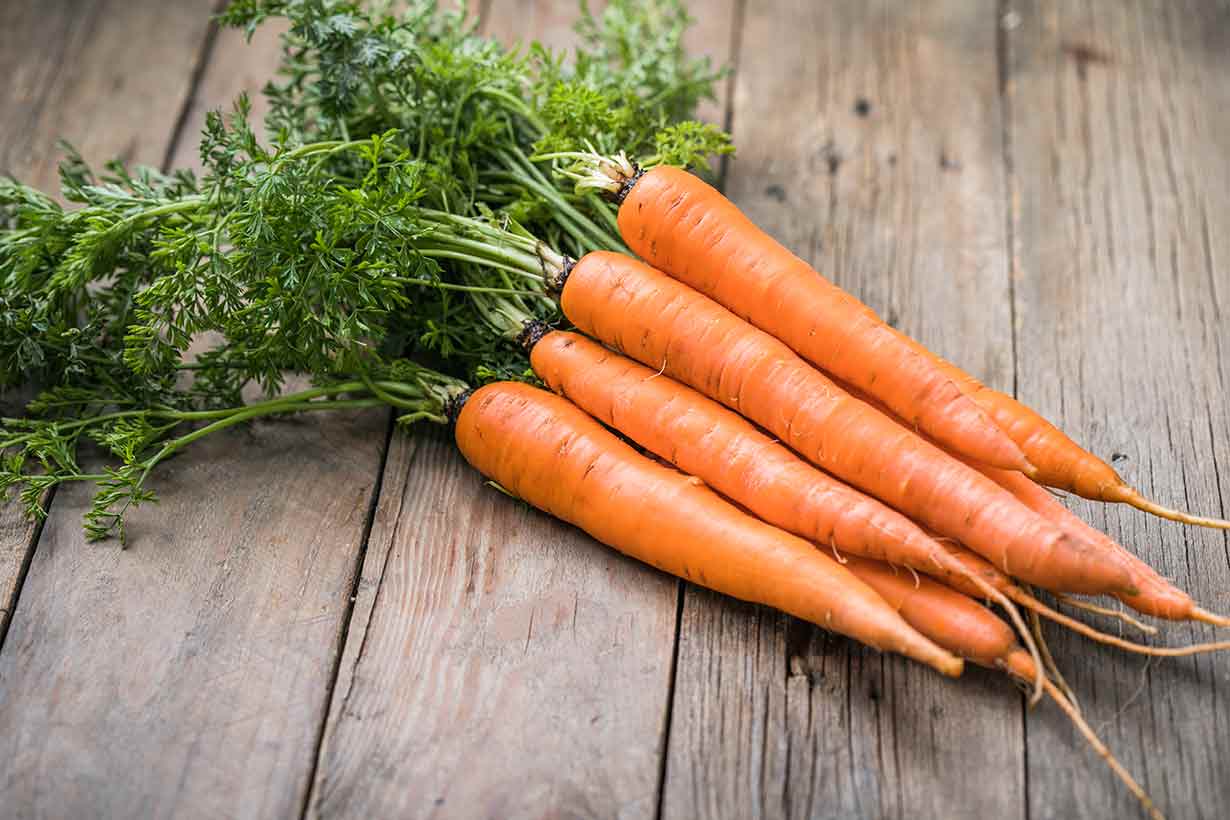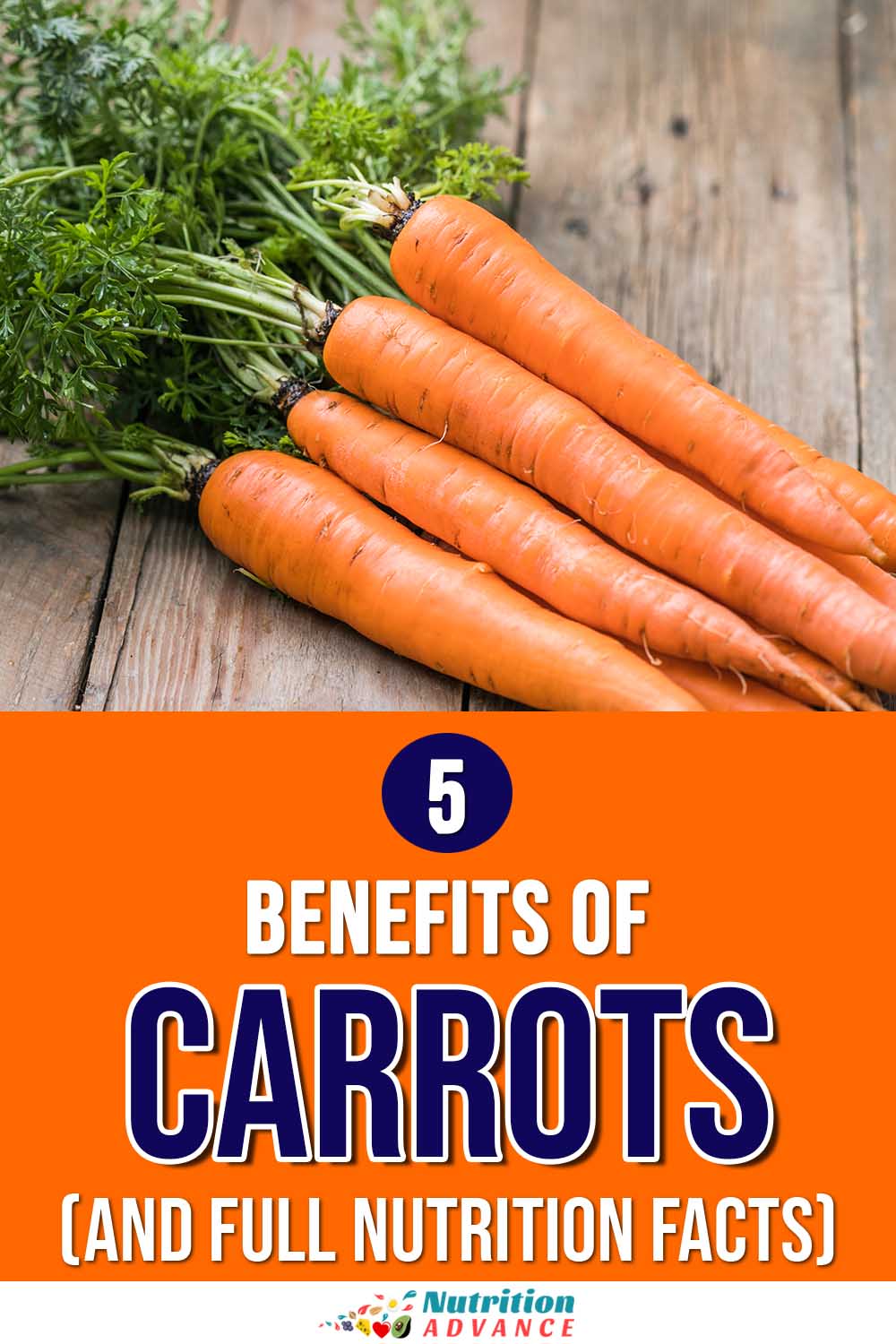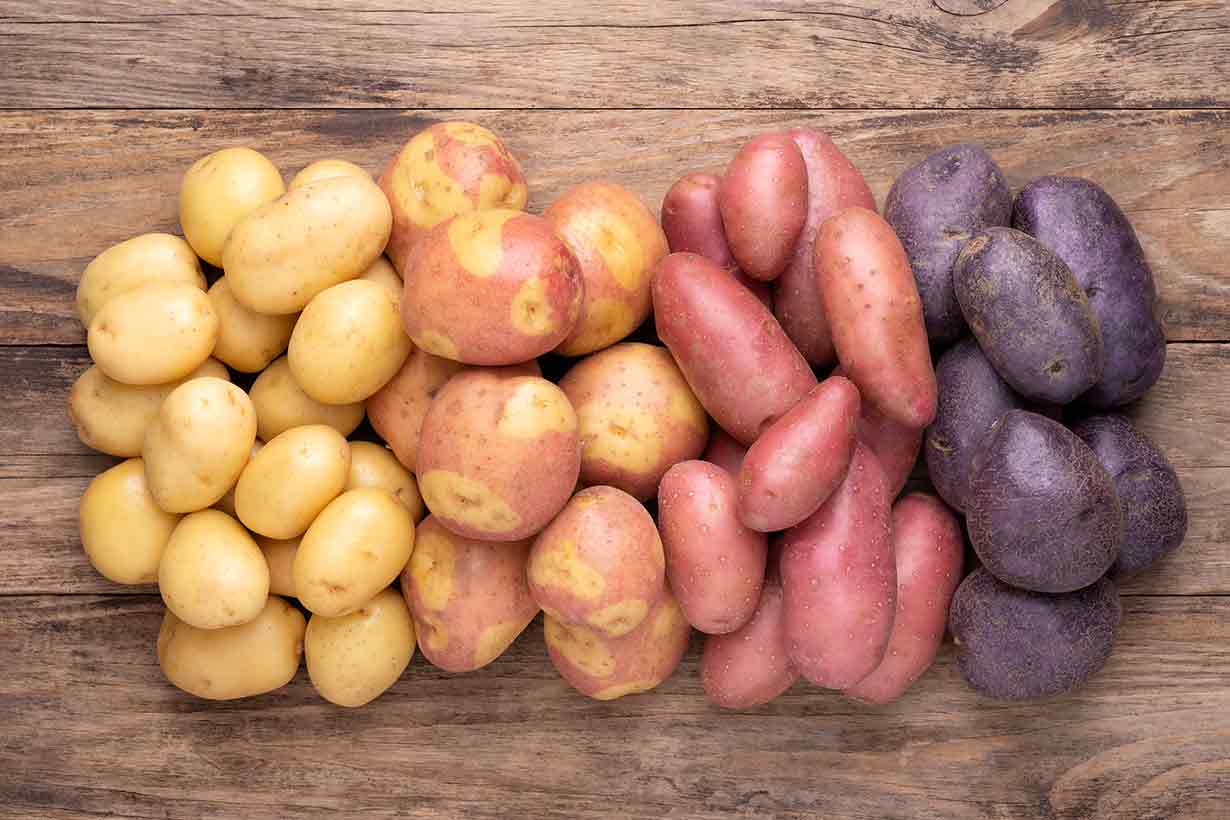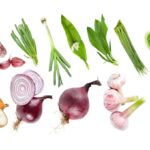It is often lesser-known, exotic foods that generate the most interest, but many dietary staples are very nutritious.
This is certainly true for carrots, which are one of the most popular vegetables in the world.
Carrots also provide a good range of nutritional benefits for very few calories, and they taste great too.
This article examines some benefits of carrots and provides an in-depth guide to their nutritional values.
What Are Carrots?

First of all, let’s take a look at exactly what carrots are.
This orange-fleshed root vegetable is a domesticated version of the wild carrot, known scientifically as Daucus carota (1).
Carrots likely originated in Afghanistan, and, interestingly, the first widespread carrots were purple in color (2).
While purple carrots still exist today, it is the orange variant that has become the dominant staple food worldwide. In 2019, nearly 45 million metric tonnes of carrots and turnips were produced globally (3).
Nutritionally, carrots are mainly a source of carbohydrates, and they are especially rich in carotenoids. In addition to their use as a fresh vegetable, they are a key ingredient in various food products, from carrot juice to various soups to cakes.
Benefits of Carrots
Due to the nutrients and compounds they contain and their versatility, carrots have several potential benefits.
1) Carrots Provide a Significant Source of Vitamin A
Pre-formed vitamin A, known scientifically as retinol, is found in animal foods such as oily fish, eggs, and liver.
However, many plant foods contain various carotenoids, such as beta-carotene, that can convert to retinol in the body. For this reason, they are often referred to as ‘provitamin A carotenoids’ (4).
Due to their significant carotenoid content, carrots can provide an excellent source of vitamin A. One large (72-gram) carrot contains more than 12,000 IU of carotenoids, equivalent to 601 mg of vitamin A retinol activity equivalent (5).
With 601 mg of retinol activity equivalents, one large carrot offers 67% of the daily value for vitamin A (5, 6).
Vitamin A is an essential vitamin that plays an important role in eyesight, immune function, and maintaining healthy organs (7).
Several human studies have clearly shown that carrot intake beneficially contributes to vitamin A status. One of these studies found that 91 gram serving of grated carrot per day was sufficient to maintain current retinol (vitamin A) levels (8, 9, 10).
2) Fiber
Carrots are a good vegetable source of fiber, with a large carrot offering more than two grams of fiber. Approximately half of this fiber content is soluble, and the remaining part is insoluble fiber (5).
Fiber may encourage satiety by slowing down the transit of foods through the intestines (11).
Additionally, soluble fiber is a food source for bacteria in the gut, which metabolize it into short-chain fatty acids. The health of these gut bacteria, collectively known as the ‘microbiota,’ is thought to be important for human health (12).
According to observational studies, dietary fiber is also strongly associated with improved human health outcomes.
In this regard, meta-analyses and systematic reviews demonstrate that higher fiber intake lowers cancer mortality rates, cardiovascular mortality, and all-cause mortality, seemingly in a dose-response manner (13, 14).
3) Carrots Appear To Be Good For Satiety
Firstly, carrots offer fiber, a good range of nutrients, and high water content for only 29 calories per large carrot (5).
Generally speaking, low-energy, nutrient-rich foods such as this tend to be good for promoting satiety. Satiety refers to the feeling of being satisfied (and not hungry) after eating.
On this note, some small studies that analyzed the impact of carrots on satiety:
- A study investigating the effects of fiber and carrot physical structure on satiety gave 34 female participants three different lunch meals on three different days over an eight-week period. Compared to an energy-matched and nutrient-matched meal and a meal that included blended carrots, a meal including whole carrots led to greater post-meal satiety. Furthermore, the meal containing whole carrots led to a lower subsequent food intake during the day (15).
- In a small clinical trial, ten healthy male volunteers consumed either 100g, 200g, or 300g of carrots as part of a meal. Interestingly, participants had a lower glucose and insulin response the larger the portion of carrots they consumed. The largest carrot serving also resulted in higher satiety scores (16).
As mentioned, these studies were only small, but they suggest that carrots may potentially play a beneficial role in satiety.
4) High In Carotenoids
Carrots have one of the highest carotenoid contents among all plant foods (17, 18).
In addition to their contribution to vitamin A intake, dietary carotenoids may have additional benefits.
According to systematic reviews and meta-analyses of observational studies, these potential benefits may include a lower risk of various chronic diseases, including metabolic syndrome (19, 20, 21).
One of these systematic reviews and meta-analyses examined prospective studies examining how dietary intake and blood concentrations of carotenoids affected breast cancer risk.
Interestingly, there was only a weak association between dietary intake and lower breast cancer risk when relying on food questionnaires. However, the studies that analyzed actual carotenoid blood concentrations found a stronger inverse association between carotenoid intake and breast cancer (19).
It is worth noting that there are several different colored carrots, and the carotenoid content varies (22):
- Orange carrots mainly provide high amounts of beta-carotene, but they also contain alpha-carotene and lutein.
- Purple carrots provide similar amounts of beta-carotene to orange carrots, but they provide slightly more alpha-carotene.
- Yellow carrots contain much lower amounts of carotenoids, but they offer a higher level of lutein.
- Red carrots offer a smaller amount of beta-carotene and very little alpha-carotene. However, they also provide a large amount of lycopene.
Red Carrots and Lycopene
Alongside tomatoes and red bell peppers, red carrots are one of the best dietary sources of lycopene.
Lycopene is a carotenoid with purported antioxidant properties (23).
Although the existing data is somewhat unclear, a systematic review and meta-analysis of randomized controlled trials reported that realistic dietary amounts (5 mg to 30 mg per day) of lycopene might help alleviate oxidative stress (24).
5) Purple Carrots Contain Anthocyanin Polyphenols

Anthocyanins are polyphenols that occur in numerous plant foods with a blue/purple hue, such as blueberries.
On this note, purple carrots are thought to be a good dietary source of anthocyanins. According to several studies, the anthocyanin content of purple carrots ranges from 400 to 900 ppm compared to 800 to 3700 ppm in blueberries (25).
Foods that contain anthocyanins are often referred to as “heart-healthy” due to observational data suggesting that these compounds may play a beneficial role in cardiovascular health.
A recent systematic review and meta-analyses of observational studies suggested that anthocyanin intake may reduce cardiovascular disease mortality. However, these results were not strongly statistically significant, and more research is necessary to better understand these potential benefits (26).
Nutrition Facts
Here are the full nutritional values for carrots. The data source is the USDA’s FoodData Central database, and all values are for one large (72-gram) carrot (5).
All daily values were calculated using this USDA data and the FDA’s daily values (5, 6).
| Name | Amount | % Daily Value |
|---|---|---|
| Calories | 29 kcal | 1.5% DV |
| Carbohydrate | 6.90 g | 2.5% DV |
| Fiber | 2.02 g | 7.2% DV |
| Sugars | 3.41 g | |
| Fat | 0.17 g | 0.2% DV |
| Saturated | 0.02 g | 0.1% DV |
| Monounsaturated | <0.01 g | |
| Polyunsaturated | 0.07 g | |
| Omega-3 | <0.01 g | |
| Omega-6 | 0.07 g | |
| Protein | 0.67 g | 1.3% DV |
Vitamins
- Vitamin A RAE: 67% DV
- Vitamin K1: 8% DV
- Vitamin C: 5% DV
- Vitamin B6: 6% DV
- Niacin (B3): 4% DV
- Thiamin (B1): 4% DV
- Pantothenic acid (B5): 4% DV
- Folate: 3% DV
- Riboflavin (B2): 3% DV
- Vitamin E: 3% DV
- Choline: 1% DV
Minerals
- Potassium: 5% DV
- Manganese: 4% DV
- Phosphorus: 2% DV
- Calcium: 4% DV
- Magnesium: 2% DV
- Sodium: 2% DV
- Copper: 3% DV
- Zinc: 2% DV
- Iron: 1% DV
- Selenium: <1% DV
Phytonutrients
- Carotenoids: beta-carotene, alpha-carotene, lutein, lycopene (red carrots) (22).
- Polyphenols: hydroxybenzoic acids, hydroxycinnamic acids, anthocyanins (purple carrots) (25, 27).
Glycemic Index
Carrots are a low glycemic index (GI) food. According to Sydney University’s Glycemic Index Research Service, raw carrots have a GI of 16, and boiled carrots have a GI of 33 (28, 29).
Furthermore, the glycemic load for an 80-gram serving of carrots is just 2 (29).
Are Frozen Carrots Just as Nutritious As Fresh Carrots?
Generally speaking, most fruits and vegetables are nutritionally comparable when fresh versus frozen.
In the case of carrots, a study published in the Journal of Agricultural and Food Chemistry analyzed various fresh and frozen carrot samples under storage conditions over several weeks. Although the nutritional values were comparable between fresh and frozen carrots for most micronutrients, there was a significant decrease in beta-carotene in the frozen carrot samples (30).
The researchers theorized that this decreased beta-carotene content might have been due to the frozen carrots being diced. This form of processing before storage perhaps encouraged beta-carotene oxidation.
This is just one study undertaken in one location, so the findings shouldn’t be taken too conclusively. That said, the study suggests that frozen carrots might not provide as much beta-carotene as fresh carrots.
How To Use Carrots
Fortunately, carrots are one of the most versatile vegetables, and we can use them in various ways.
- Carrots may be boiled, mashed, or pureed.
- Cover them in a bit of butter or oil and then roast them.
- Try making a creamy carrot soup.
- Eat them raw as carrot sticks with hummus or a garlic and herb dip.
- Use raw grated carrots in a salad.
- Make a traditional stew featuring meat, potatoes, and carrots.
Final Thoughts
Carrots are delicious, and they offer a wide range of nutrients, despite being very low in calories.
They may also provide additional benefits through their impact on satiety and their provision of carotenoids and polyphenols.
For those who enjoy the taste, carrots can contribute a lot of nutritional value to the average diet.







